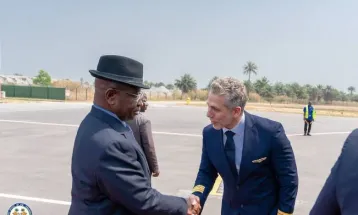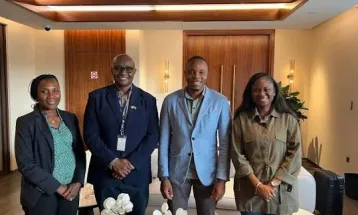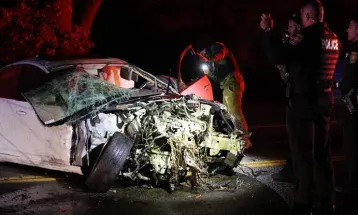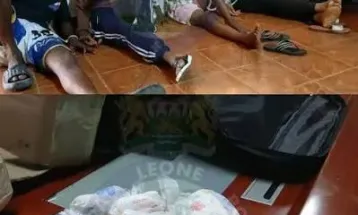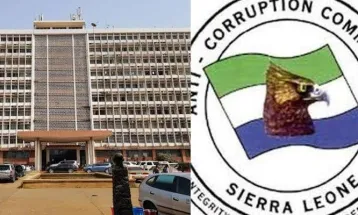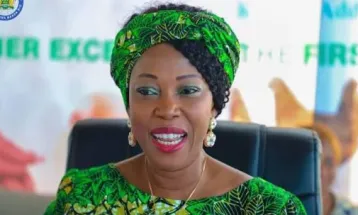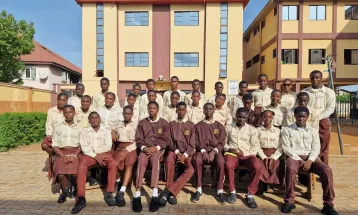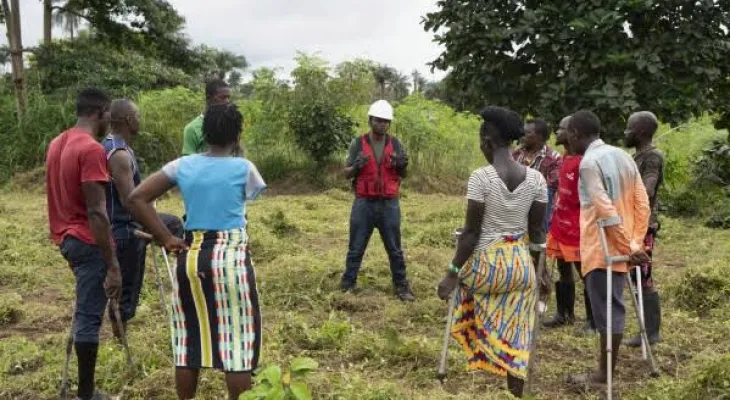
Amputees in Sierra Leone Use Farming to Overcome Discrimination
In Freetown, Sierra Leone, Lahai Makieu, a 45-year-old amputee, embodies resilience as he navigates life with one leg. Striking bamboo with a machete while balancing on his crutch, he occasionally stumbles but always rises, a reflection of his journey from hardship to hope.
Makieu lost his leg as a child during Sierra Leone's brutal civil war, which left over 28,000 people with amputations. Today, many amputees still face widespread discrimination, often turning to begging for survival. However, the Farming on Crutches initiative offers a transformative path.
Founded by pastor and former refugee Mambud Samai, the program teaches amputees agricultural skills to help them achieve self-sufficiency. It has trained over 100 individuals, restoring their confidence and empowering them to build farming businesses.
Makieu was among the first trainees in 2022, learning to use organic methods and sustainable practices. He now runs a small farm with his wife, also an amputee, whom he met during training. “This program gave me hope and a purpose,” Makieu shared.
Despite its successes, support for amputees in Sierra Leone remains limited. Many, like 30-year-old Alimany Kani, struggle to find jobs despite advanced education, citing persistent bias against people with disabilities.
Samai emphasizes the need for greater government and community support. While foreign donors fund the program, expanding its reach requires additional resources. Samai dreams of a future where amputees are seen not as burdens but as leaders in their communities.
Through initiatives like Farming on Crutches, amputees in Sierra Leone are proving that with determination and opportunity, they can rise above adversity and redefine their lives.

